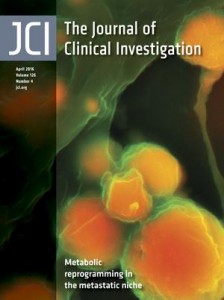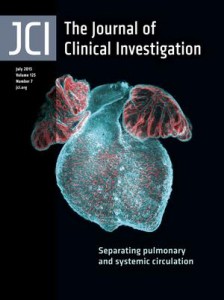
The Journal of Clinical Investigation has retracted two papers from the lab of one of Stanford University’s most prominent cancer researchers over concerns about the integrity of the data.
The articles, published in 2012 and 2014, described work on ways of priming the immune system to enhance the activity of drugs to fight cancer.
The first author on the two articles was Holbrook “Brook” Kohrt, a superstar young faculty member who died in 2016 of complications of hemophilia. Kohrt was the subject of this 2013 profile in the New York Times, which also wrote an obituary of him.
Continue reading Stanford calling for retractions of work by deceased star cancer researcher
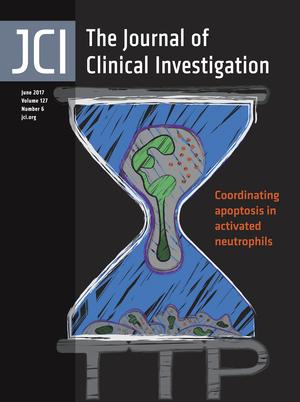 On Dec. 2, 2013,
On Dec. 2, 2013, 
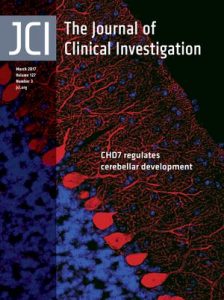
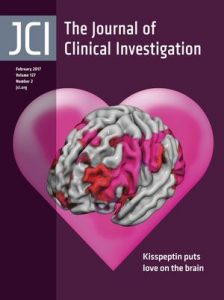
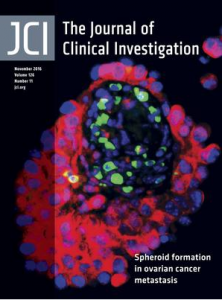
 We’ve found another retraction for
We’ve found another retraction for 